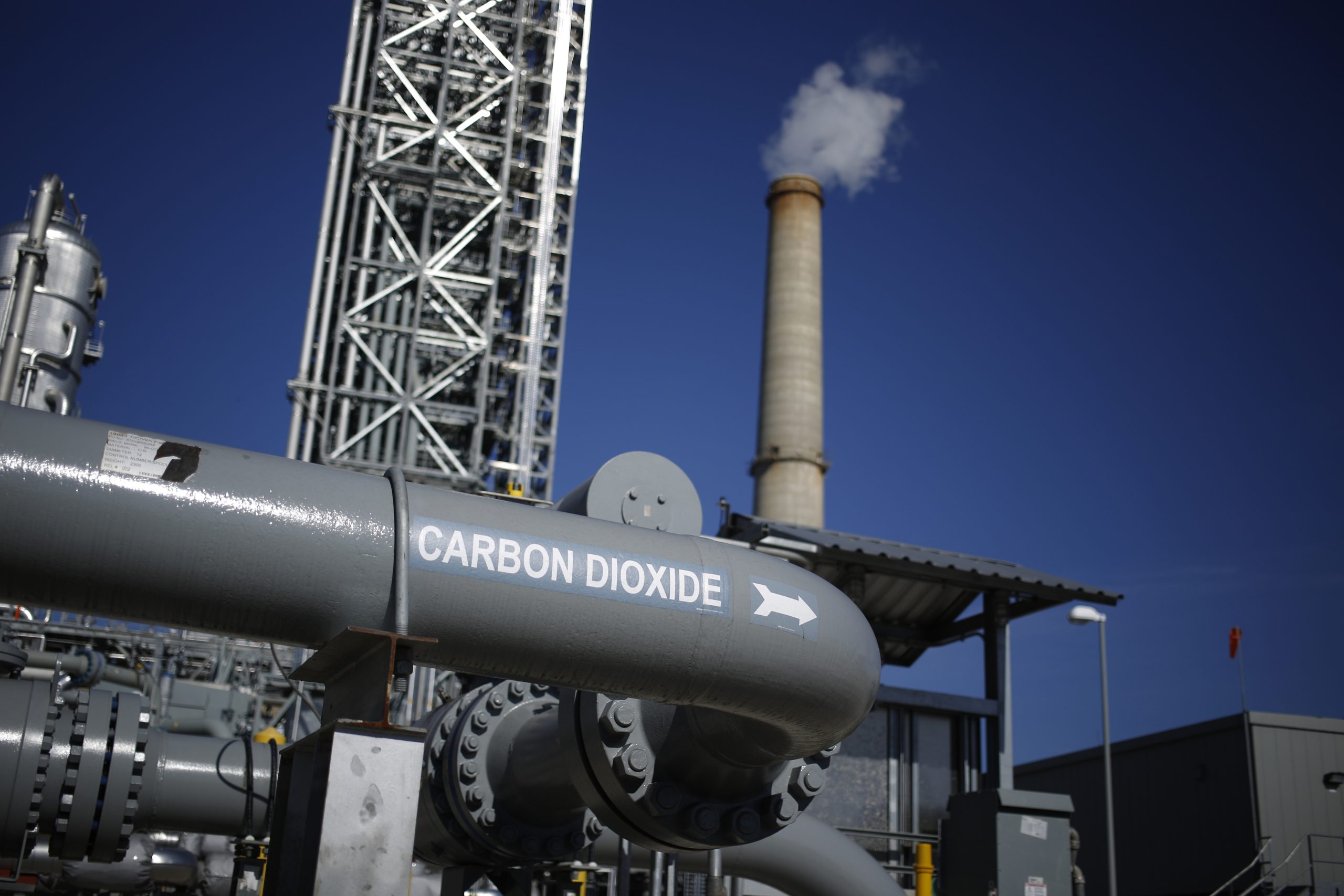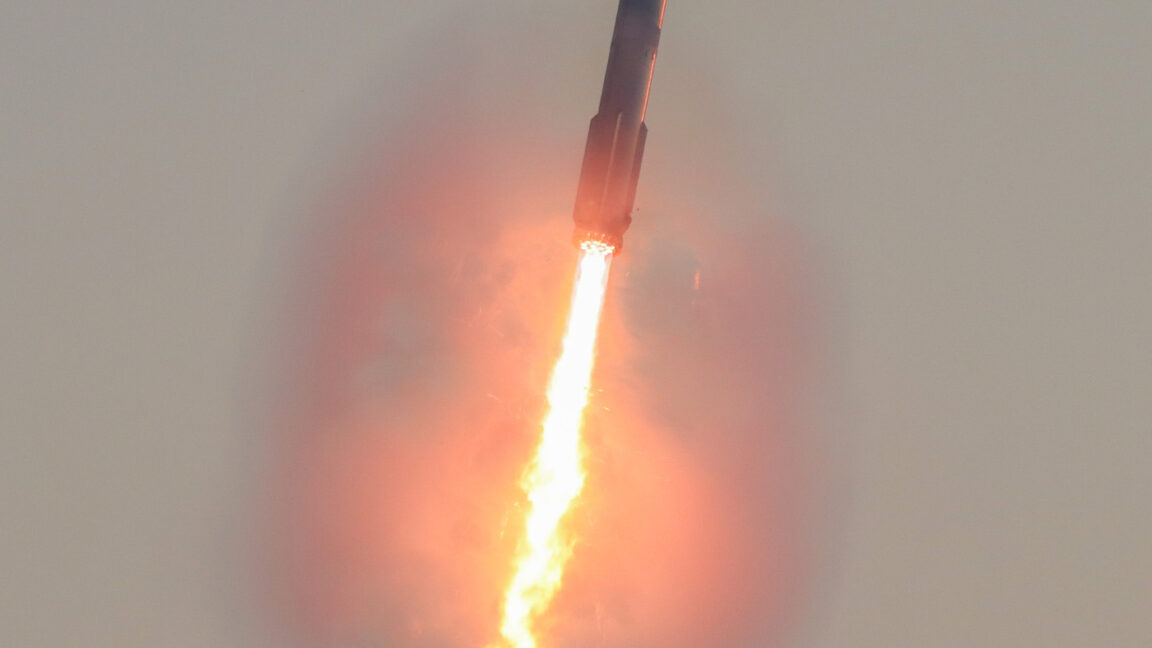On Tuesday, Beltway news site Axios reported that a carbon-capture-focused lobby created last year has teamed up with the National Association of Manufacturers (NAM), a powerful lobbying association with lots of resources. The news suggests that proponents of carbon capture and storage (CCS) are getting more serious about pulling strings in Washington after new tax credits were approved last year.
The carbon-capture lobby, called the Energy Advance Center (EAC), was listed last year in April. In 2018, the lobby spent $80,000 on CCS-related lobbying and retained three lobbyists, according to Open Secrets. EAC is supported by oil companies like BP and Chevron, as well as power firm Southern Company and technology firm Mitsubishi Heavy Industries.
According to Axios, EAC is now under the umbrella of NAM. That means it will be able to use the lobbying association's resources to push for more advantageous terms for carbon-capture projects and protect the nascent industry's new tax credits in the future. Ars Technica contacted NAM and did not receive a response.
Axios reports that "Sources involved in the newly revealed affiliation said implementation of the expanded tax credits is one focus area but that the group's lobbying work on carbon capture is much broader in scope."
The partnership is also interesting because NAM lobbied against the Clean Power Plan, saying in 2015 that the plan "restricts resources and reduces reliability, while setting a dangerous precedent for future regulation of other sectors." But an unnamed NAM official reportedly told Axios that the group has been "moving a bit more aggressively in the direction of finding climate solutions for the last couple of years."
CCS is a contentious subject among those concerned about climate change, and commercial CCS projects are few and far between. Most economists agree that CCS will stay in a state of immobility until political entities intervene and either mandate CCS projects or tax or fine carbon emissions until it's uneconomic not to add a carbon-capture system on a power plant or manufacturing facility.
CCS proponents have tried to offset the costs of capturing carbon by selling CO2 for Enhanced Oil Recovery (EOR) projects. EOR forces CO2 into older oil wells to increase the pressure of the well and bring more oil up. But if the price of oil is low, buying CO2 to squeeze the last bits of oil out of a well just doesn't make sense.
From an environmental perspective, some researchers believe that our economy is too deeply entrenched in fossil fuels to ignore the potential for CCS to slow carbon emissions. Others point to the fact that no commercial carbon-capture system can fully capture all carbon from a power plant at this point, and zero-carbon options like renewable energy and nuclear energy are our only hope.
The cynical view is that this new lobbying effort for carbon capture follows in the footsteps of Exxon's carbon-tax lobbying efforts. That means pouring money into the climate change initiatives that would be least disruptive to the fossil fuel industry, not necessarily the initiatives that would be best to combat climate change in an expeditious and equitable way.


